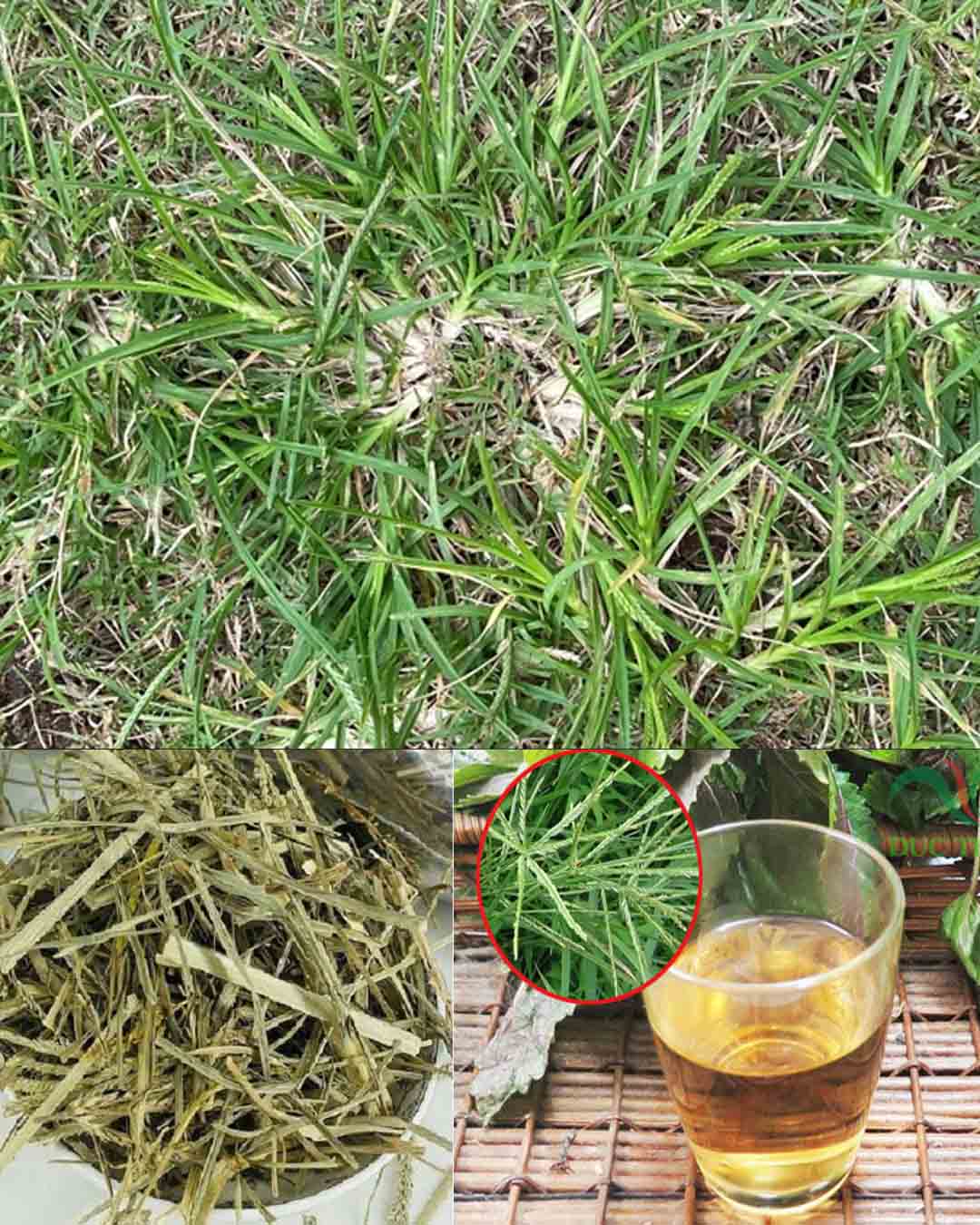🌱 Most people pull it out without a second thought. It grows fast, takes over garden beds, and is often dismissed as an unwanted invader. But what if that persistent little plant you’ve been fighting off is actually one of the most powerful natural health boosters hiding in plain sight?
Pigweed, a member of the Amaranthus genus, may be called a weed, but it’s anything but worthless. Across many cultures, this resilient plant has long been used in traditional cooking and natural healing. Packed with nutrients, antioxidants, and even protein, pigweed is a forgotten superfood waiting to be rediscovered. If you care about your health, this is one green you don’t want to ignore.

🍃 Nutrient-Dense and Ready to Heal
Pigweed is loaded with essential vitamins and minerals that support almost every system in your body. It contains high levels of calcium, iron, magnesium, potassium, and vitamins A, C, and K. Every bite delivers compounds your body craves — especially if you’re looking for natural ways to support your energy, immunity, digestion, and more.
💪 1. Strengthens Your Bones Naturally
Pigweed’s calcium content rivals that of many dairy sources. This makes it an excellent choice for those avoiding animal products or needing extra support for bone density. Regular intake may help reduce the risk of osteoporosis and age-related bone thinning.
❤️ 2. Protects and Supports Heart Health
Rich in potassium and fiber, pigweed helps regulate blood pressure and manage cholesterol. The antioxidants found in this plant also protect the blood vessels from oxidative stress, which is a key factor in preventing cardiovascular disease.
🩸 3. Fights Off Anemia and Fatigue
Low energy? It might be more than just tiredness. Pigweed is an excellent plant-based source of iron, which plays a critical role in the production of red blood cells. By supporting healthy hemoglobin levels, pigweed can help prevent iron-deficiency anemia and boost vitality.
🛡️ 4. Strengthens the Immune System
Vitamin C isn’t just found in citrus fruits — pigweed is a surprising source too. This nutrient is essential for immune function and supports your body’s ability to fight infections. A daily serving can provide a natural immune shield, especially during cold and flu season.
👁️ 5. Keeps Your Eyes Sharp
Pigweed offers impressive amounts of vitamin A and beta-carotene, two nutrients vital for healthy vision. They help maintain the health of the retina and reduce the risk of age-related eye conditions like night blindness and macular degeneration.
🌱 6. Provides Plant-Based Protein
The seeds of pigweed are rich in protein and contain essential amino acids — making them a rare plant-based protein source that’s complete. This is especially important for vegetarians and vegans looking to build or maintain muscle without animal products.
🌿 7. Supports Smooth Digestion
Thanks to its high fiber content, pigweed promotes healthy digestion and regular bowel movements. It helps keep your gut microbiome balanced and can reduce symptoms of bloating and constipation. Fiber also plays a role in stabilizing blood sugar and reducing cholesterol.
🔥 8. Naturally Fights Inflammation
Pigweed contains powerful anti-inflammatory compounds that may ease symptoms of arthritis and other inflammation-driven conditions. Chronic inflammation is at the root of many modern diseases — incorporating natural inflammation fighters like pigweed may offer long-term benefits.
🍇 9. Defends Against Oxidative Stress
Loaded with flavonoids and phenolic acids, pigweed acts as a natural antioxidant source. These compounds neutralize harmful free radicals, helping reduce the risk of chronic diseases such as cancer and heart disease. It’s like giving your cells an extra layer of protection.
🥗 10. A Complete Nutrient Package
Pigweed doesn’t offer just one or two benefits — it’s a full-spectrum nutritional gift from nature. With a wide array of vitamins, minerals, fiber, and phytonutrients, it supports nearly every aspect of health. From blood and bones to digestion and detox, pigweed delivers.
🍴 How to Add Pigweed to Your Meals
One of pigweed’s greatest advantages is its culinary versatility. You can enjoy it in many forms depending on your preference and the part of the plant you’re using.
🥬 Use the young, tender leaves in fresh salads to add a burst of nutrition and a subtle earthy flavor.
🍳 Sauté or steam the leaves with garlic and olive oil for a delicious, spinach-like side dish.
🍲 Stir the chopped leaves into soups, curries, or stews to enhance both flavor and nutrient density.
🍹 Add a handful of leaves to your morning smoothie to supercharge your start with antioxidants and fiber.
🌾 Use the seeds just like quinoa — boil them, add them to grain bowls, or grind into flour for gluten-free baking.

⚠️ Important Considerations Before You Start
While pigweed is full of goodness, it’s important to use it wisely. Some species contain oxalic acid, which in large amounts can affect calcium absorption and contribute to kidney stones in sensitive individuals. Always consume it in moderation, especially if you have a history of kidney issues.
And make sure the pigweed you’re harvesting is growing in clean, pesticide-free soil. Like all foraged plants, it should be properly identified and thoroughly washed before eating.
🌿 Conclusion: The Superfood You Didn’t Know You Had
It may not have the glamorous reputation of kale or the marketing budget of quinoa, but pigweed is just as powerful — maybe even more so. This once-overlooked garden weed offers more than survival. It offers strength, nourishment, and healing.
Before you toss it aside, look closer. That “weed” could be one of the most nutritious greens available to you — free, natural, and bursting with life-supporting compounds. Embrace pigweed as the hidden gem it is, and turn your next meal into a medicinal act of wellness.
Your garden may be trying to heal you. All you have to do is listen.


